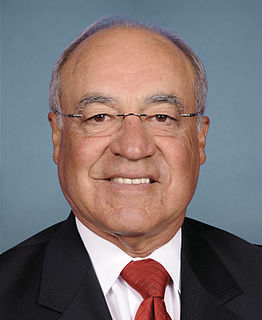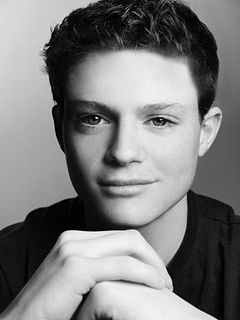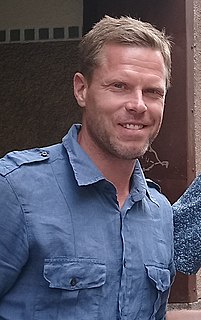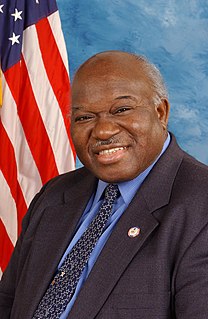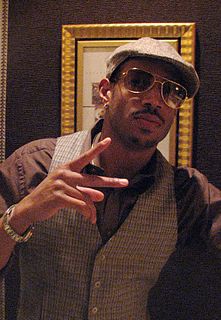A Quote by Pauline Oliveros
That's software in the States that I helped to develop. It enables people with disabilities to improvise.
Related Quotes
When you develop software, the people who write the software, the developers are the key group but the testers also play an absolutely critical role. They're the ones who ah, write thousands and thousands of examples and make sure that it's going to work on all the different computers and printers and the different amounts of memory or networks that the software'11 be used in. That's a very hard job.
I'm not of the opinion that all software will be open source software. There is certain software that fits a niche that is only useful to a particular company or person: for example, the software immediately behind a web site's user interface. But the vast majority of software is actually pretty generic.



